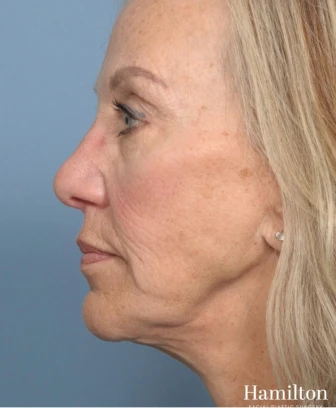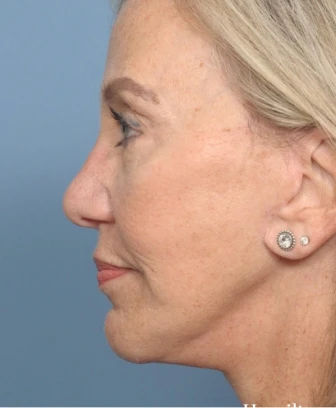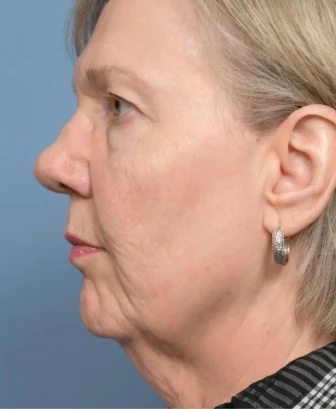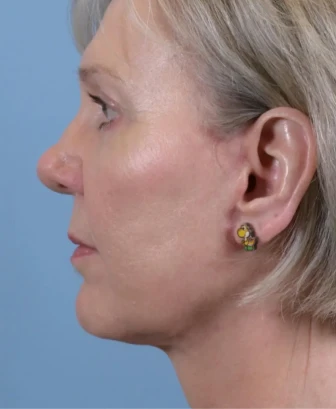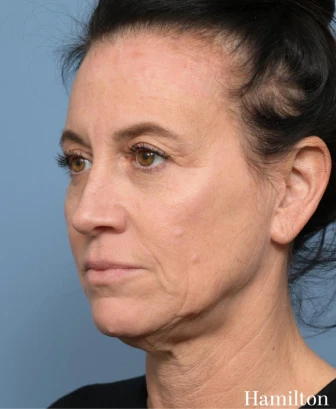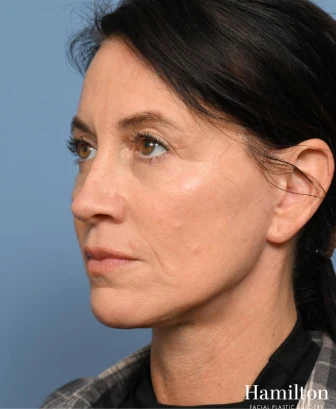Botox Beneficial for Depression – Now Even More Science
By Dr. Mark Hamilton
It has been a decade since the first scientific study showed that treatment of glabellar rhytids (frown lines) with Botox Cosmetic provided relief from depression. This was a stunner in my cosmetic realm as well as the psychiatry world- and there was a lot of doubt. Now a new article in the most recent issue of Dermatologic Surgery provides a whole new level of support for this conclusion as well as some greater understanding.
Since that initial article, there have been a series of further studies all with similar conclusions- Botox helps depression and as many as a third of patients using Botox will see a remission of their symptoms. Because of this, Botox is now in phase three clinical trials for the treatment of depression.
There is also beginning to be a greater understanding of how this may work. The facial feedback hypothesis states that while we have often understood that our expression reflects how we feel, the reverse can occur- how our muscles react can affect how we feel. If you smile or frown less, you tend to feel less depressed. Functional MRI images of the amygdala (an important impulse control center in the brain) have shown that it changes with a botox treatment and that those changes disappear when the botox wears off. It seems the amygdala (and your brain) becomes less responsive to negative stimuli and thus the decreased risk of depression.
All of this may not be surprising to some of our mother’s who told us to smile more and not frown so much. To us in the medical and cosmetic fields, however, this is the beginning of a better understanding of how our look affects how we feel and scientific proof of the health benefits of some of our cosmetic procedures.
Finzi E. Update: Botulinum Toxin for Depression: More than Skin Deep. Dermatologic Surgery 44:10. October 2018 pages 1363-1365

